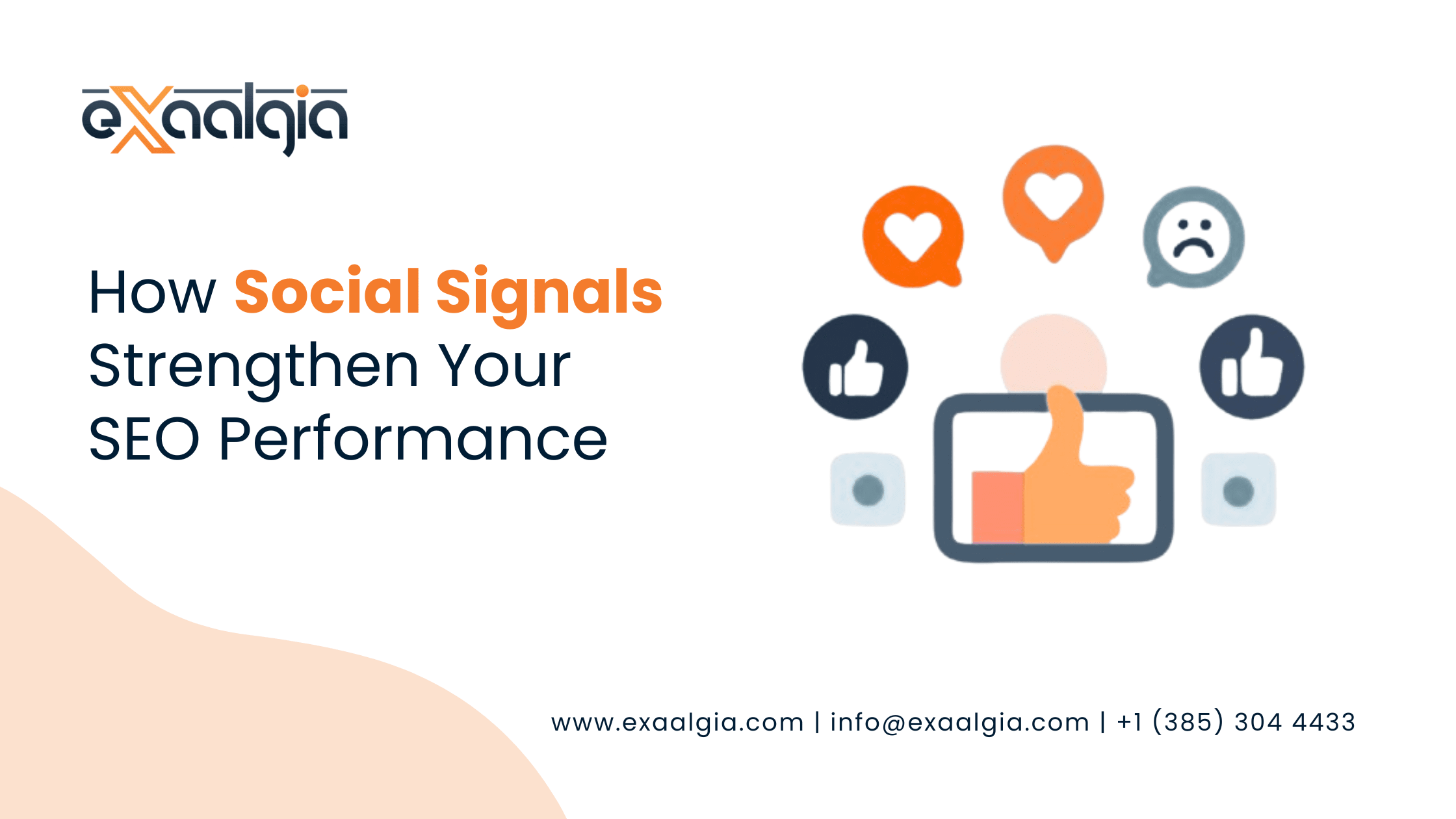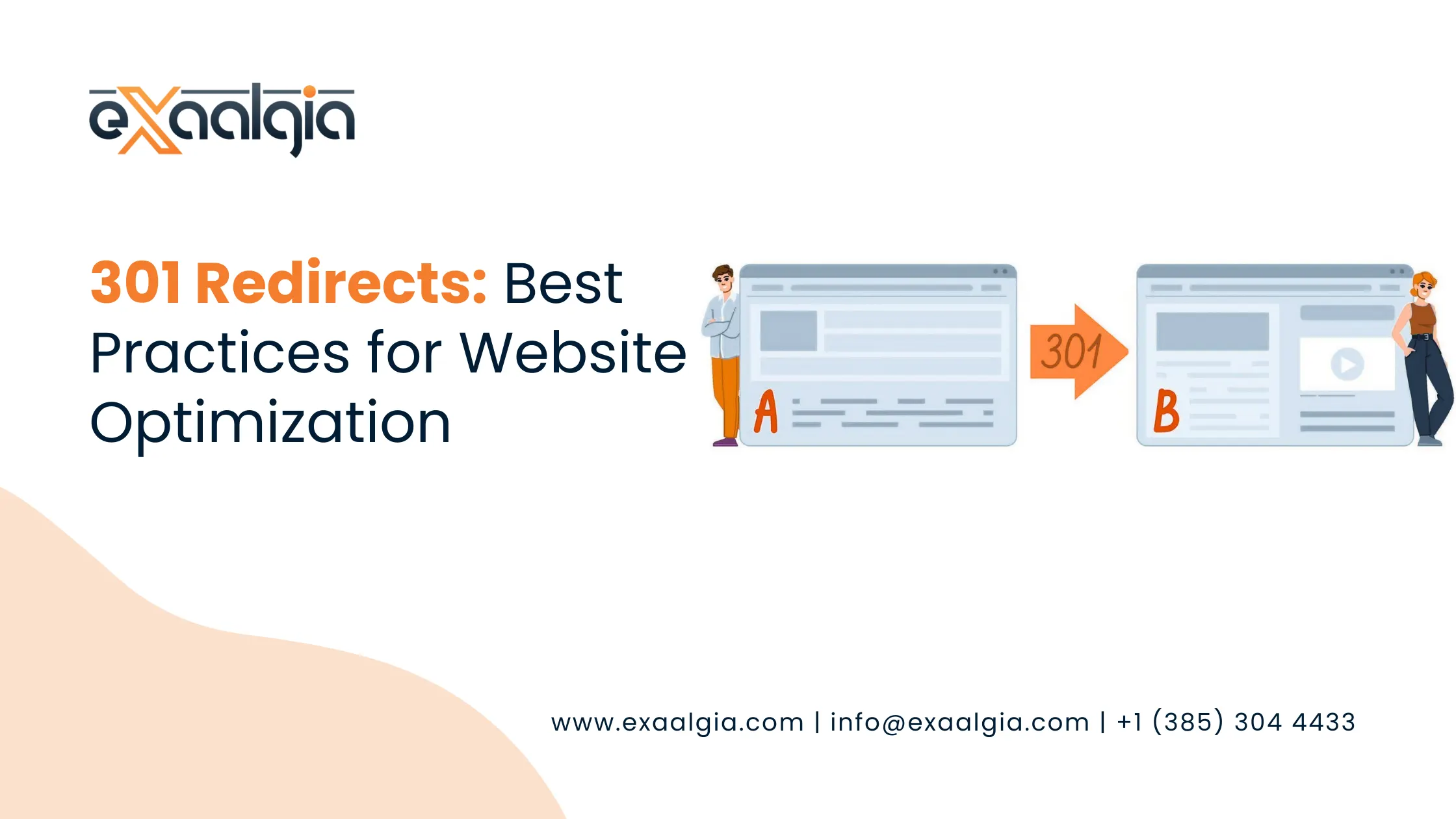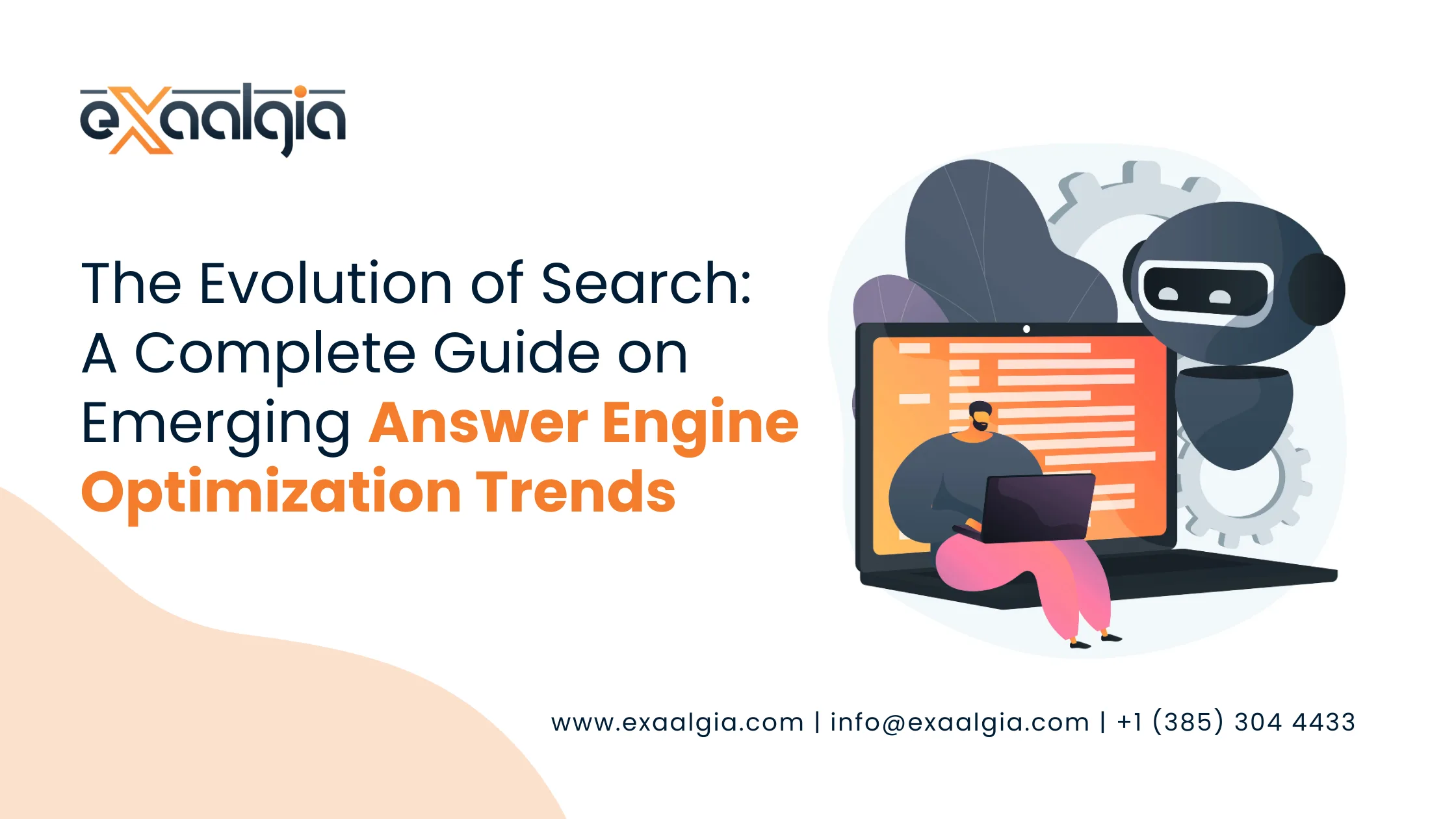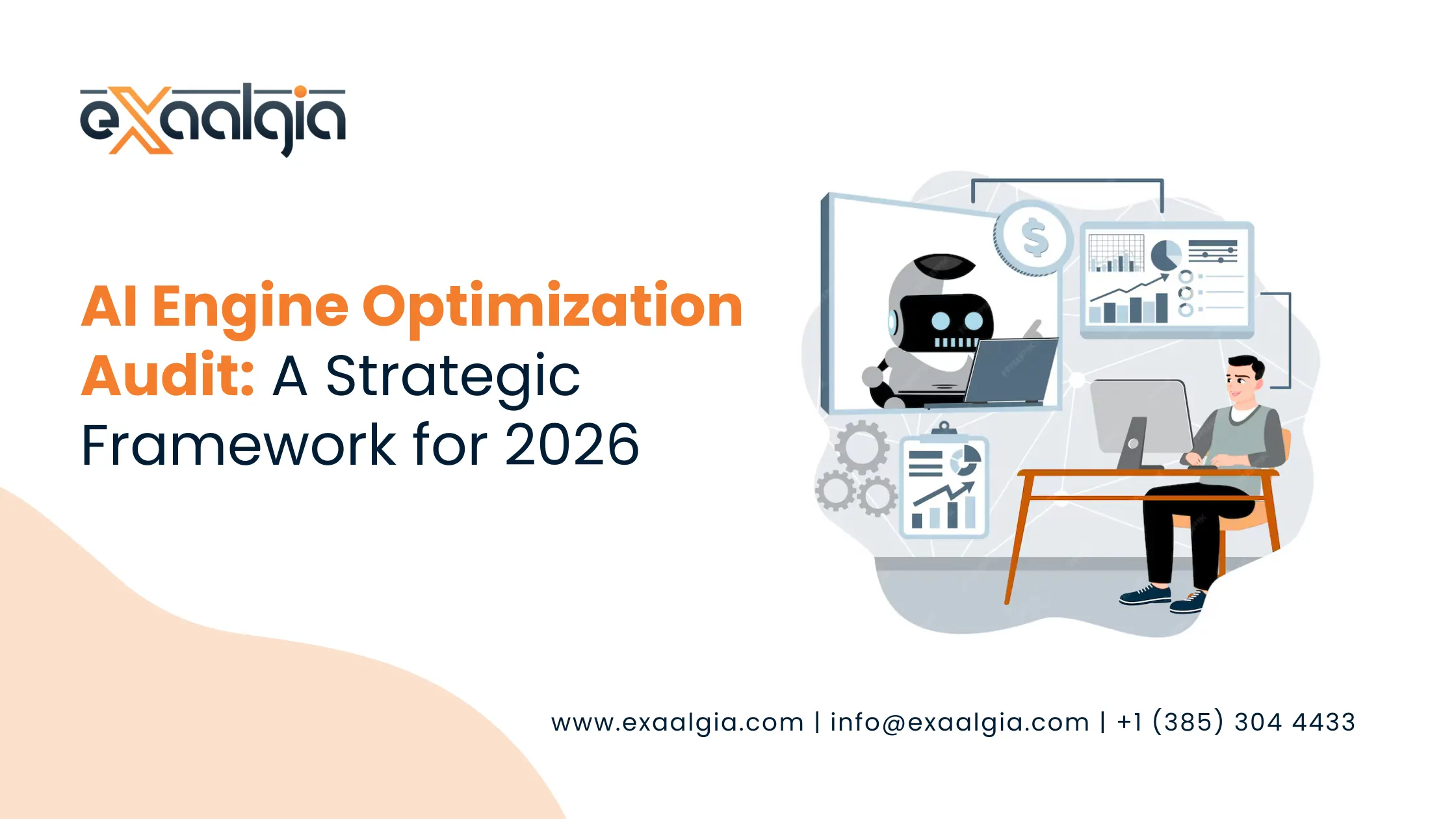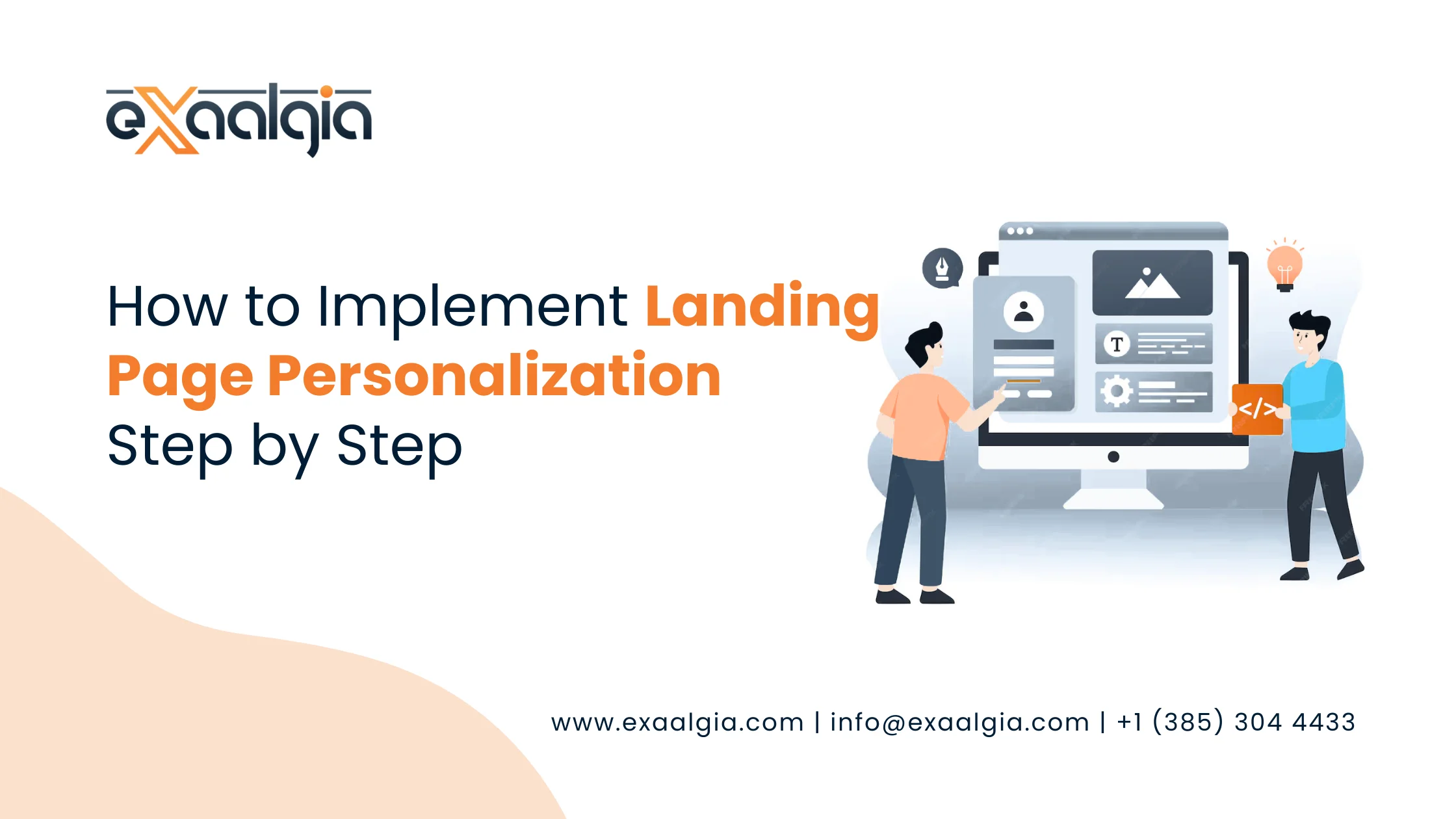This blog will discuss what social signals are, what they mean for SEO, how engagement links with rankings, and how you can ultimately apply social signals to further develop your online presence.
What Are Social Signals?
In simple terms, social signals are totally the social media interactions that your content received through social media channels. This means everything from a Facebook share to a like on an Instagram post to a comment on LinkedIn or a retweet on X (formerly Twitter).
Search engines like Google generally do not count a “like” as a ranking factor, and yet as long as these interactions exist, they show that people find the content useful. Through time, all of these interactions influence your content’s exposure online, which will inevitably strengthen your performance with SEO.
An example of this would be if your article enjoys a frenzy of activity on LinkedIn and has hundreds of shares… that will lead to more visitors. When website traffic increases, in combination with a greater brand presence, you are more likely to perform better on search engines.
How Social Signals Influence SEO
An argument is ongoing whether social signals are a ranking factor or not. Google themselves said many times that likes and shares do not affect rankings, directly.
Here’s the twist: social signals influence a lot of things search engines care about. Some of these things include, but are not limited to:
Higher Content Visibility – The more your posts are shared, the more readers you get. More readers means more chances of getting these natural backlinks which is important to SEO.
Higher Click Through Rates (CTR) – Having a strong social presence establishes trust. If a person see your brand is social and popular, it’s more likely they will click on the link to your website when it appears in search.
Lower Bounce Rates – Social traffic is usually pretty engaged. When a person comes to your website from a social share, they are typically interested in the content you provided, which is a direct connected to time spent on your website.
Faster indexing – A lot of times search engines identify content faster when being spread on social media. Sometimes a tweet or a share can get your blog indexed in a matter of hours.
So, while social signals may not be a direct ranking signal, they indirectly affect traffic, engagement, and brand authority, all of which makes them a very important aspect of an SEO strategy.
The Value of Engagement Over Numbers
It would be false to think that all social signals are equal. For instance, you would find more value in a hundred likes from bots compared to ten comments from real users. The engagement is much more valuable than the number of engagements.
Another way to look at it. When someone shares your post your basically saying, “This is valuable content, read this.” This is a strong recommendation and carries weight in establishing trust. Over time, these recommendations become a trustable authority for a brand that can alter how search engines perceive your site.
Utilizing social signals for SEO: Actionable Ideas
if you want maximum engagement from social signals, then you need to create content written in a way that successfully encourages engagement. Here are some applicable ideas:
1. Create Share-Worthy Content
The first step is simply to create and publish high quality, relevant, and engaging content. Blog posts that offer solutions and answers, infographics that create an understanding of complex topics, and videos that are entertaining & informative should get shared regularly.
2. Encourage Interaction
People won’t know you want them to engage if you just create content and leave it there. One way to engage is to ask people questions, run polls, or ask people for their opinions because people love to engage when they feel they are part of the conversation.
3. Optimize Your Posts for Each Platform
What works on LinkedIn, may not work on Instagram. Putting captions on your post, short famous quotes for Instagram so they get noticed, may work on LinkedIn with insights that maybe lumped together in one post or a long cited quote to read for a relevant topic.
4. Work with Influencers
Working with influencers can assist you to reach a larger audience. Their endorsements, whether they share your content directly and use high volume of high quality and unique social signals in a concentrated period of time gives you a foothold on similar social signals in the quantity and quality you desire.
5. Social Sharing Buttons on Your Website
It would always help to give your readers an opportunity to share your content, preferably in a place that is easily seen when placed. The more you allow sharing, the easier it is, means that your content/admin/audience appreciates you and struggles less with a share or actionable feedback or signal to take care of. Overall when it is easier, it happens.
Which Platforms Generate the Strongest Social Signals?
Not all platforms have the same SEO impact. Some are better than others when it comes to generating engagement and visibility.
Facebook – Facebook is still one of the largest platforms, so Facebook shares and comments generate the highest level of engagement and drive website traffic.
LinkedIn – LinkedIn is great for B2B businesses, LinkedIn has higher quality engagement meaning this could contribute to higher quality engagement, and possibly site visits.
Instagram – Instagram does not allow links so the social signal passed from these interactions could be limited, but strong visual content may drive brand awareness and search demand.
X (Twitter) – Tweets are indexed quickly so this means visibility is very fast, and you can drive traffic directly through retweets.
YouTube – Second largest search engine, now engagement is considered social signals since it helps with SEO video rankings.
All of the platforms have their strengths, but your focus should be on engaging across all of them rather than focusing on just one.
A Real-World Example of Social Signals in Play
For example, let’s say a fitness blogger writes an article called, “10 Effective Home Workouts.” The writer posts a link to their blog post on Facebook. The article gets a total of 1,000 likes and 500 shares on Facebook. Some fitness enthusiasts also retweet it on X, and a couple of fitness influencers link back to that article in their own blogs.
Within weeks, the article is ranking higher on Google. Why? Because traffic from social sharing is taking place, as well as backlinks being created naturally, and Google sees this as a valuable piece of content based on how users engaged with it.
This is a good example of how social signals impact your SEO performance indirectly, but helped indirectly.
The Future of Social Signals in SEO
As search algorithms evolve, it is reasonable to expect social signals to take on a more significant role in algorithms. Search engines care more about user experience and less about keywords. Engagement and authority are increasingly crucial key performance indicators for brands, and social media is an excellent place to see those metrics in action.
In the coming years we can anticipate more social media activity and search engine optimization to be closely connected. Brands that focus on creating social communities will have an advantage over brands that ignore social signals.
Social Signals Are The Critical Piece to SEO
Although they are real and significant, social signals don’t directly alter your Google ranking algorithm. Social signals help you build visibility, authority, trust, traffic and get backlinks, to name a few, so managing social signals is important in 2025 and beyond.
If you’re planning to perform well in search, you never want to overlook the power of social media. The more your audience is talking about, engaging with and sharing your brand on social media, the stronger your digital footprint is getting.
That being said, start to focus on creating genuine engagement, create content that fosters conversation, and use the combined power of social media and SEO. Social signals are more than just likes and shares; they are indicators of trust and credibility that make you a trusted authority online.
Social Signals FAQ
1. Do social signals affect Google rankings?
No, Google states that social signals are not directly a ranking factor, but they can influence other ranking signals like backlinks and traffic and visibility.
2. Which social platform has the most SEO benefit?
LinkedIn and YouTube often yield the most SEO benefit, but Facebook and X also provide significant traffic.
3. How do I build social signals for my site?
Provide high quality, easily shareable content, and actively solicit engagement for your content on social.
4. Do paid social promotions help with SEO?
Yes, by boosting your posts you will increase the visibility of your content that can lead to more shares, backlinks, and traffic.
5. Will social signals be a bigger ranking factor?
Most likely, yes! Google continues to reward enhanced user experience and engagement, so social signals will become more of a ranking factor.

